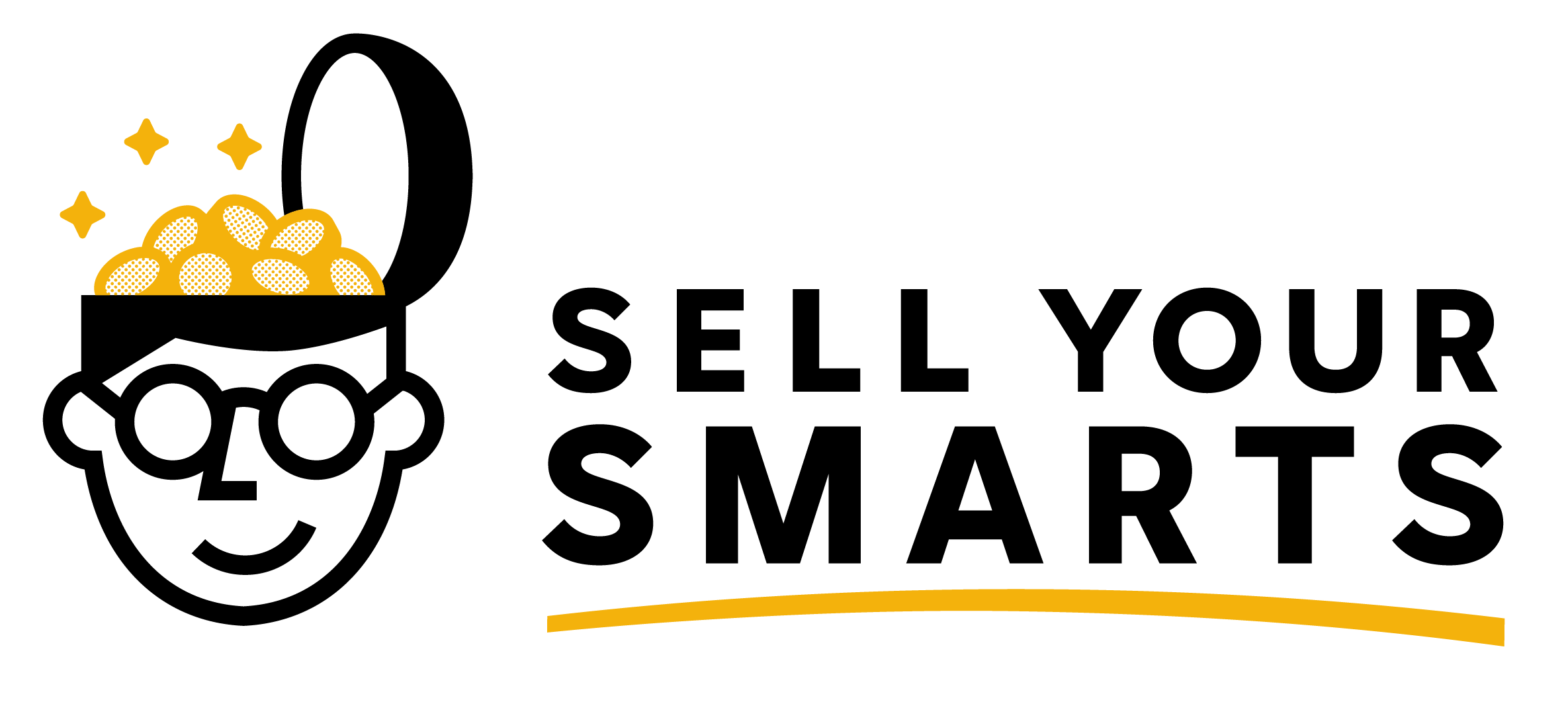I have this phrase written in my notebook, and I’ll often rewrite it on my whiteboard:
Relationships > Results
It has a double meaning because the symbol in the middle means “greater than” to remind me that relationships are greater than, and more important than, results.
The double meaning shows up when you look back at that symbol as an arrow and realize that relationships lead to results.
Write a "Too Long, Didn't Read" tip here to summarize the lesson with the most important takeaway from the lesson.
When you prioritize relationships, the results will follow. They always do.
In your business, that includes the relationships with your employees and partners, but also the relationship you have with your customers, and potential customers, in your business.
Your entire marketing and sales strategy stems from one decision about your target customer because you can’t have a relationship until you know which real people you are setting out to develop a relationship with.
Once you do know your target customer, you can grow to understand them and test your ability to understand them by offering valuable assistance in the form of your products and services, designed to serve.
By its very nature, every new business is filled with assumptions. It’s impossible to avoid that. In The Lean Startup, Eric Ries identifies two core “Leap of Faith” assumptions that every business owner makes:
- The first is the “Value Hypothesis,” which assumes your product delivers value to the customer in some way.
- The second is the “Growth Hypothesis,” which assumes new customers will find the product, and that the business model can scale.
For your business to succeed, your assumptions about both value and growth need to be accurate.
That’s why empathy is such a critical skill to develop in business. Yes, you should test each hypothesis to adjust and optimize them, but your business depends on your ability to understand another person’s perspective and get an educated start instead of a random guess.
Once you orient your business toward service, you unlock a supercharged sales process that is enjoyable to operate because you’re a healthy human, and healthy humans enjoy helping other humans!
We’re designed to work together in relationships, not just during our downtime but also during business hours (perhaps even more so, then).
Don't Scale Your Superfan Strategy
Pat Flynn is incredibly busy as a bestselling author, serial entrepreneur, and award-winning podcast and YouTube channel host―plus he's heavily involved in family life, with his wife and two kids.
Despite that, Pat knows that his success as an entrepreneur depends on his ability to intimately understand his target customer, which is why he meets 1-on-1 with customers every month.
Pat doesn't pick customers based on their past purchases, how long they've subscribed to his business, or other demographic details. He randomly picks a customer, invites them to call him, and dedicates time to talk to his customers, one-by-one, and get to know their personal story.
As Pat Flynn expounded when I interviewed him about his bestselling book Superfans,
“This is business insurance. My opinion is platform agnostic; it doesn’t matter what happens with technology, your fans will follow you; they become the lifeblood of your business. These are the repeat customers; these are the people who are going to show up for you when you are in dire need. They’re going to be there to defend you from trolls on the frontlines before you even know they exist. And they’re going to be with you... to give you honest feedback when you don’t know what to do next, because they are your target audience.”
Paul Graham, an influential computer scientist, author, and venture capital investor who co-founded Y Combinator & Hacker News advises entrepreneurs he works with to "Do things that don't scale."
Today's most successful startups, from Apple and Amazon to Airbnb, depended on that direct personal connection with potential customers for years.
Relationships are more important than results, and relationships lead to results.
Relationships > Results
